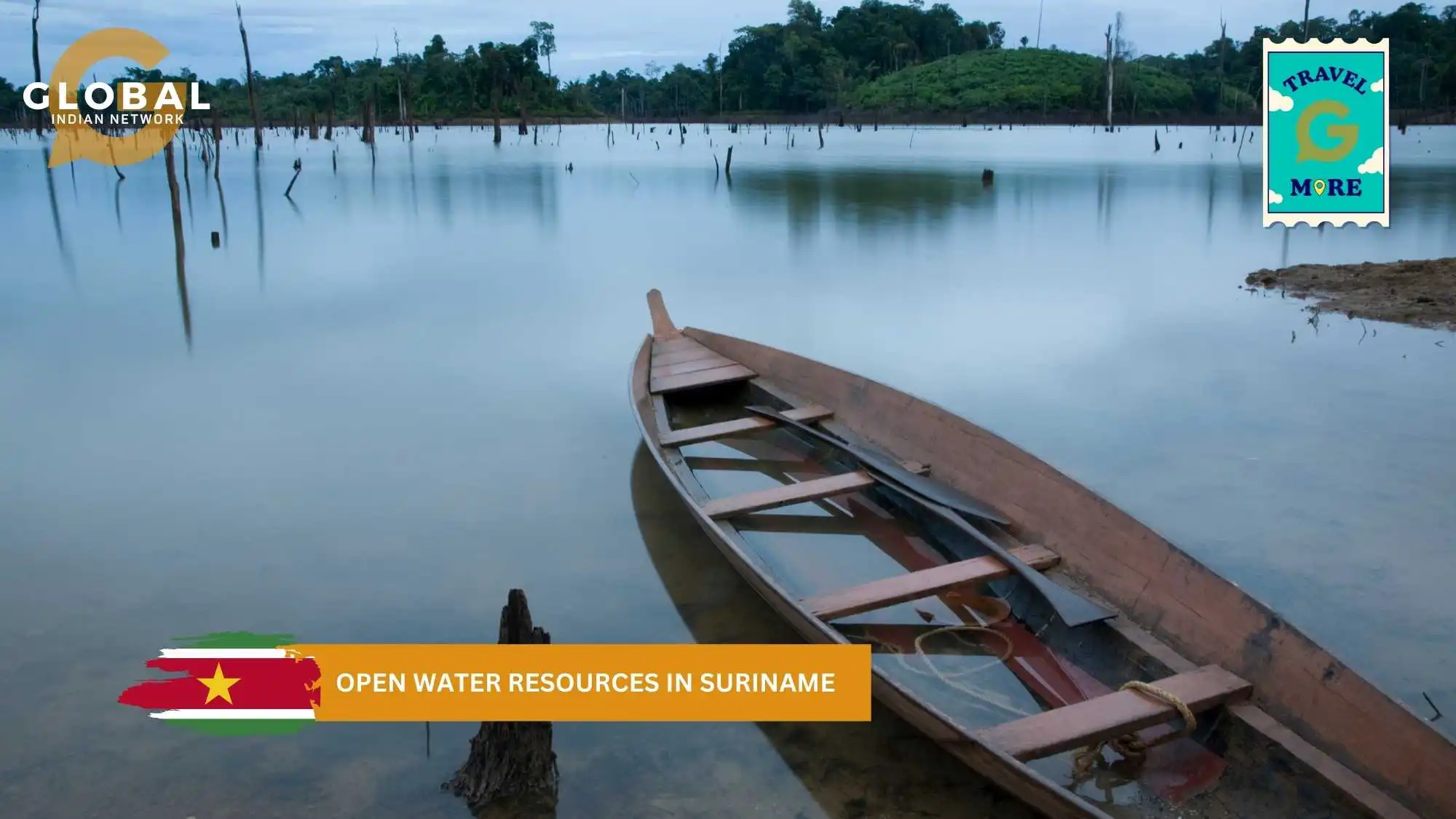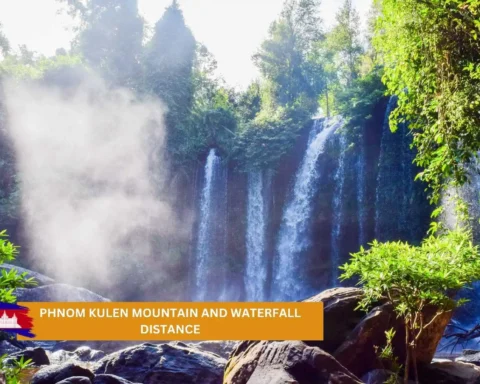Open water resources in Suriname are largely derived from its vast river systems. These resources and water services are critical to the nation’s development, influencing safe drinking water availability, ecosystem health, and sustainable growth. The country’s rivers not only sustain the rich biodiversity and ecosystems but also serve as a lifeline for many communities. This blog explores the roles of these rivers and their ecosystems and how they sustain the country.
Table of Contents
The Importance of Open Water Resources in Suriname
Suriname is endowed with an abundance of water resources due to its unique geography and high annual rainfall. The nation’s river system is a vital contributor to its renewable water resources. These rivers collectively account for millions of cubic meters of water annually, playing a central role in maintaining the ecological balance and supporting human needs.
The open water resources in Suriname provide the population with access to basic drinking water as well as water for agriculture and industry. Ensuring that these abundant water resources are managed sustainably is crucial for securing clean water for individuals and vulnerable populations, including indigenous communities. Water from rivers also directly impacts the national water supply and is integral to addressing the demand for water as the population grows and economic activities expand.

Major Rivers and Their Ecosystems
Suriname River
The Suriname River is one of the country’s most significant waterways. The river flows through the capital city of Paramaribo, and not only supplies water to urban areas but also rural ones. There also exist water treatment systems along this river to ensure that basic water services to the population. However, there still exist challenges like pollution and sedimentation which require continual improvements in water governance and infrastructure. The Suriname River is also a hub for ecosystem biodiversity, supporting systems that include mangroves, fish, and bird species.
Maroni River
The Maroni River forms the border between Suriname and French Guiana and is a vital source of water for indigenous communities and rural populations. There is a heavy reliance on the river for fishing, transportation, and access to water for agriculture. However, a prominent issue in the form of mercury contamination from gold mining poses a serious risk to water quality. A study conducted between 2004 and 2009 found that mercury contamination had reached humans in the area, highlighting the need for special attention to sustainable practices and effective water treatment systems.
Corantijn River
The Corantijn River, which separates Suriname from Guyana, is another crucial waterway. This river supports agricultural lands and provides water for individuals across multiple sectors. Its ecosystem serves as a reservoir for diverse species, making it a key contributor to the region’s natural resources.
Challenges in Managing Suriname’s Water Resources
Despite the abundance of open water resources in Suriname, there are still significant water challenges that threaten the country, particularly in terms of accessibility and infrastructure. A large percentage of the population lacks access to affordable drinking water, especially in rural and indigenous areas. While current national efforts are focused on improving the drinking water supply, challenges still exist regarding water contamination and the reduction of pollution.
Climate change has also led to difficulties in managing water resources in the country. Changes in rainfall patterns have led to water scarcity during dry seasons and flooding during wet periods and these impact vulnerable people and delicate ecosystems more than anyone else. The challenges persisting in Suriname highlight the need for integrated water management approaches that include water councils and sectoral water resource management strategies.
The Role of Water Governance in Suriname
Water governance systems play a crucial role in ensuring that Suriname’s vast open water resources are utilized sustainably. As a country blessed with an abundance of water resources, the country’s approach to water management must involve collaboration between government bodies, private organizations, and community leaders to ensure seamless functioning. There are already efforts like implementing legal methods for pollution control underway, and promoting effective water treatment is essential to building resilience. At the national level, there is a growing emphasis on integrated water systems that balance the needs of agriculture, industry, and domestic use. Potential solutions include exploring alternatives for aquifer recharge and handling the contributors to water pollution, such as agricultural runoff and industrial waste.
Future Prospects for Sustainable Water Use
The sustainable use of open water resources in Suriname requires investments in modern water treatment technologies and vigorous water governance frameworks. Pillars for building a sustainable future include strengthening water boards, enhancing water systems in rural areas, and providing technical assistance to improve the drinking water supply. Educating communities about the importance of water conservation and promoting clean water initiatives can also help address current water challenges. By adopting innovative approaches, such as IP-integrated water management and B2B water treatment solutions, Suriname can achieve its goals of providing safe water and preserving its natural resources for all.
Conclusion
In conclusion, open water resources in Suriname are a testament to the country’s rich natural heritage and vital to its socio-economic development. The major river system plays an integral role in sustaining ecosystems, providing clean water, and supporting communities. However, the challenges of water quality, access, and governance demand urgent attention and strategic action. By prioritizing sustainable water resource management and addressing the needs of vulnerable populations, Suriname can ensure that its water systems continue to thrive.

FAQs
What is the Water Quality in Suriname?
Suriname’s water quality is generally good, with abundant freshwater sources due to its high annual rainfall and vast tropical forests. However, some rivers and streams near mining areas may face pollution from mercury and sediment runoff, posing risks to ecosystems and human health.
What are the Major Waterways in Suriname?
The major waterways in Suriname include the Suriname River, Coppename River, Marowijne River, Courantyne River, and Saramacca River. These rivers are vital for transportation, biodiversity, and supporting local livelihoods through fishing and eco-tourism.
What are the Natural Resources in Suriname?
Suriname is rich in natural resources, including bauxite, gold, and timber, along with vast freshwater reserves from its river systems. The country’s biodiversity and forests also provide valuable resources for conservation and eco-tourism efforts.









